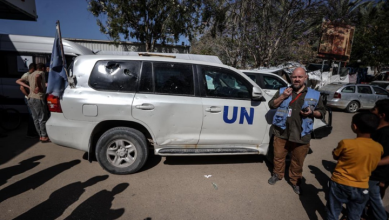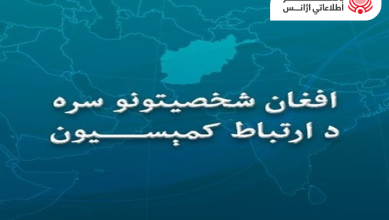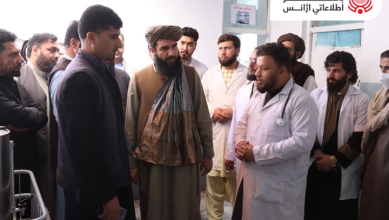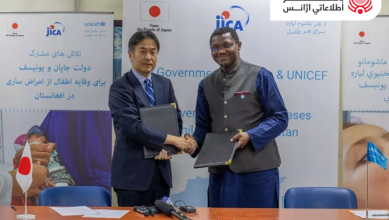
KABUL (BNA) People in Sri Lanka took to the street for straight night last week, took to the streets of Sri Lanka’s capital city holding a candle or a placard as he protested the country’s worst economic crisis in decades.
Sri Lanka’s government imposed a weekend curfew on Saturday, even as hundreds of lawyers urged President Gotabaya Rajapaksa to revoke a state of emergency introduced following unrest over fuel and other shortages in a deep economic crisis.
Furious demonstrators hurled bricks and started fires outside Sri Lankan President Gotabaya Rajapaksa’s private residence, as police used tear gas and water cannons to break up the protests.
“People were visibly angry, shouting,” said Upul, who asked only to be referred to by his last name for fear of repercussions. “Earlier (in the week) they demanded the President to step down, (on Thursday) they were yelling and calling him names.”
For weeks, Sri Lanka has been battling its worst economic crisis since the island nation gained independence in 1948, leaving food, fuel, gas and medicine in short supply, and sending the cost of basic goods skyrocketing.
Shops have been forced to close because they can’t run fridges, air conditioners or fans, and soldiers are stationed at gas stations to calm customers, who line-up for hours in the searing heat to fill their tanks. Some people have even died waiting, CNN reported.
But Thursday night marked an escalation in Sri Lanka’s ongoing economic crisis.
Following the protests, the police imposed a curfew and the President ordered a nationwide public emergency, giving authorities powers to detain people without a warrant. On Saturday evening, Sri Lanka declared a nationwide 36-hour curfew, effectively barring protests planned on Sunday — but protests went ahead Saturday anyway. In a statement Sunday, police said they had arrested 664 people for violating the curfew.
Meanwhile, the government is seeking financial support from the International Monetary Fund (IMF) and turning to regional powers that may be able to help.
But there is brewing fury inside Sri Lanka — and experts warn the situation is likely to get worse before it gets better.
Though the situation is now particularly acute, it’s been years in the making.
For the past decade, he said, the Sri Lankan government had borrowed vast sums of money from foreign lenders and expanded public services. As the government’s borrowings grew, the economy took hits from major monsoons that hurt agricultural output in 2016 and 2017, followed by a constitutional crisis in 2018, and the deadly Easter bombings in 2019.
Alamyar




